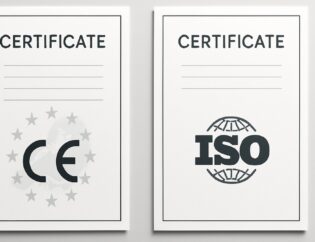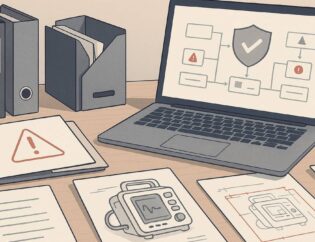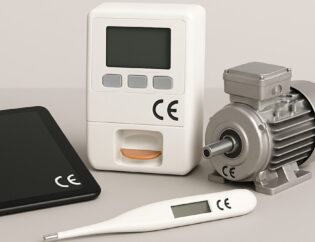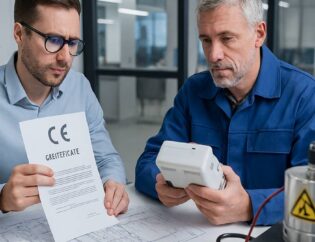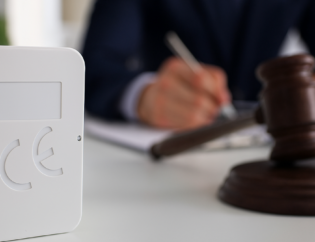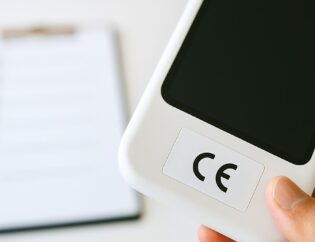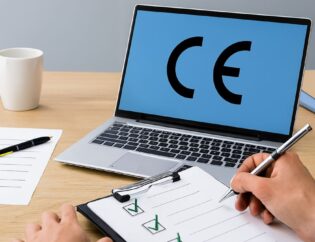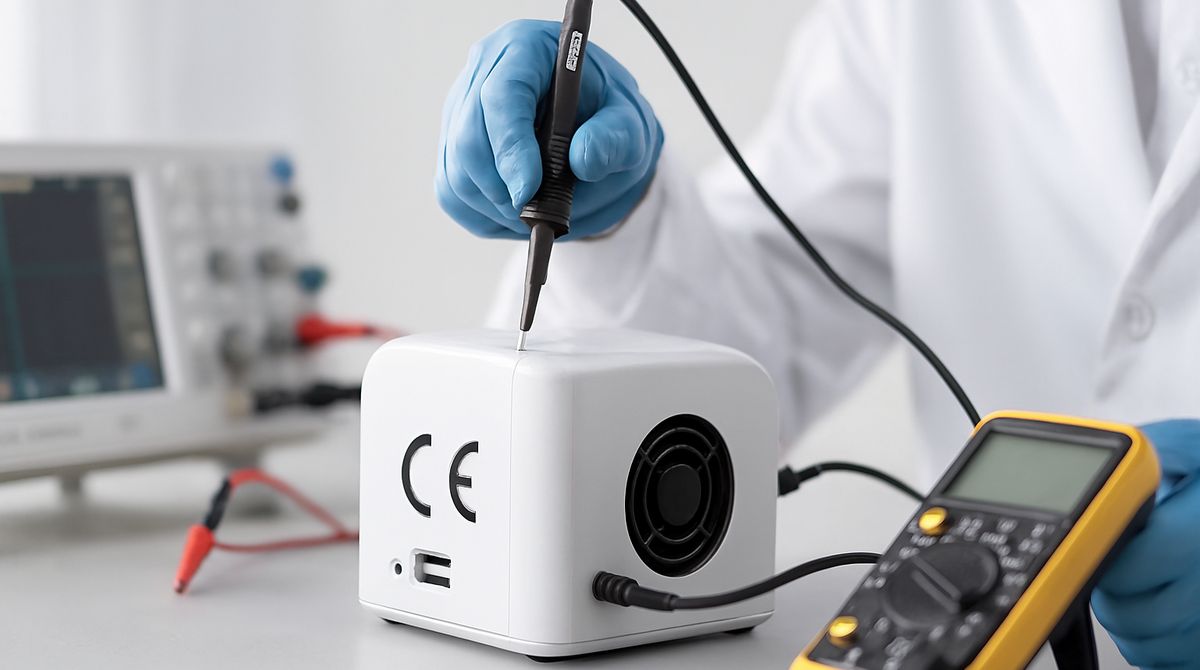
Which Tests Are Required for CE Certification? – A Guide Based on Product Type
One of the most frequently asked questions by manufacturers seeking CE certification is:
“Which tests do I need for my product?”
The answer to this question varies depending on the product’s technical specifications and the European Union (EU) regulations it falls under. In this article, we provide an overview of the essential tests you may encounter during the CE Marking process, categorized by product types.
The Role of Tests in the CE Certification Process
The CE mark indicates that a product meets the safety, health, environmental, and performance criteria set by the EU. This compliance is often validated through specific CE tests.
These tests help to:
- Document product safety,
- Prove conformity with regulations,
- Allow the product to be freely marketed within the EU.
Required CE Tests Based on Product Type
Electrical Products (home appliances, chargers, LED lighting)
Relevant regulations:
- Low Voltage Directive (LVD – 2014/35/EU)
- Electromagnetic Compatibility (EMC – 2014/30/EU)
- RoHS Directive (2011/65/EU)
Required tests:
- Electrical safety (EN 60335, EN 60950, EN 62368 series)
- EMC tests (EN 55032, EN 61000 series)
- RoHS tests (for heavy metals and phthalates)
Machines (industrial presses, packaging machines)
Relevant regulation: Machinery Directive (2006/42/EC)
Required tests/analyses:
- Risk analysis and safety components check
- Protective equipment tests
- Electrical safety (if applicable)
- Ergonomics and emergency stop systems
Toys and Children's Products
Relevant regulation: Toy Safety Directive (2009/48/EC)
Required tests:
- Physical and mechanical safety (EN 71-1)
- Flammability (EN 71-2)
- Chemical tests – heavy metals, phthalates (EN 71-3)
- For electric toys, LVD and EMC tests are also required.
Medical Devices
Relevant regulation: MDR 2017/745
Required tests:
- Biocompatibility
- Clinical evaluation
- Electrical safety tests (EN 60601 series)
- EMC tests
- Sterilization tests (if applicable)
Note: The Notified Body process is mandatory for medical devices.
Pressure Equipment and Gas Appliances
Relevant regulations:
- Pressure Equipment Directive (PED – 2014/68/EU)
- Gas Appliances Regulation (EU 2016/426)
Required tests:
- Hydrostatic/pressure tests
- Leak tests
- Material analysis
- Emission measurements
Personal Protective Equipment (PPE)
Relevant regulation: PPE Regulation (EU 2016/425)
Required tests:
- Impact resistance, puncture, abrasion
- Flammability, water resistance
- Visual and chemical tests
Note: For Category III PPE products, the Notified Body evaluation is mandatory.
Construction Products
Relevant regulation: Construction Products Regulation (EU 305/2011)
Required tests:
- Fire classification (EN 13501)
- Mechanical strength
- Water impermeability, thermal conductivity
- Environmental testing and radioactivity measurements
How to Determine if Tests Are Required for Your Product?
Not all products require tests. In some cases, the process can be completed with just a technical file and a declaration of conformity. However, tests are almost always mandatory in the following cases:
- Electrical/electronic products,
- Children’s products and toys,
- High-risk machines,
- Health and safety-critical products.
Conclusion: Tests Are Key to the CE Certification Process
Knowing which CE tests are required for your product enables you to manage the process both faster and more accurately. Identifying the correct standards from the beginning is crucial to avoid unnecessary costs and ensure full compliance with regulations.
If you want to know which tests are required for your product and plan your CE certification process, feel free to contact Sertifike.
